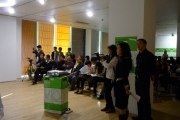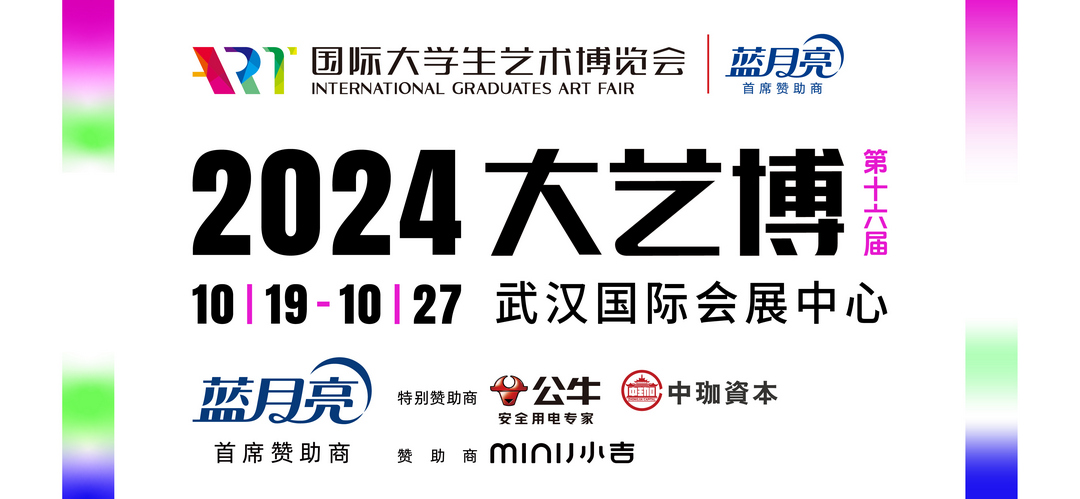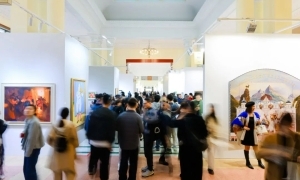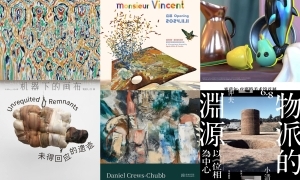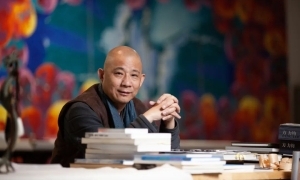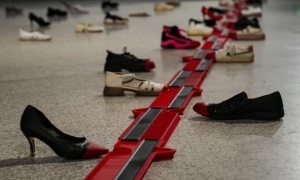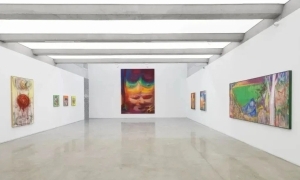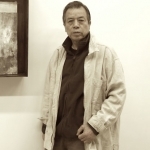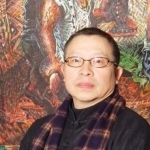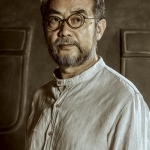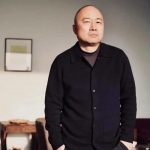我们用一句大白话“我的照相机”,作为本届连州国际摄影年展的主题,在数码新技术日益发达和当代艺术中的摄影媒体日益热闹的情况下,显得有些不合时宜。或者说,恰恰因为这样形势,我们主张回到“我”和“照相机”以及现实的基本关系上。
“我的照相机” 强调的首要因素是“我”——作为一个有良知的个人,他的立场,他的独立思想,他的独立视角,以及独特的语言方式,是我们首先关注的作品准则。而视角和语言方式的独特性,牵涉到摄影的基本媒介——“照相机”的独特性。当我们通过照相机直面被拍摄的对象时,一定会受到照相机的诸如镜头、焦距、曝光等一系列机器的制约,它的长处也是它的短处,因此,现代数码新技术及其电脑技术,使修改、挪用、拼接的技术日臻完善,这也是摄影媒体迅速成为当代艺术新的媒体和热潮的原因之一,以至于不少纪实摄影家也受到这种新技术的影响,正是在这种意义上,我们重新强调“我的照相机”,并不是一味地反对传统摄影和新技术的联系,而是反对那种无界限地挪用诸如网络、广告等其他媒体上的图片,而忽略了“我的照相机”在直面现实时那种不可替代的特性。在当代艺术日益模糊各艺术门类界限的时候,尤其在当代艺术中摄影媒体成为热潮的时候,我们企图强调“我”在按动“照相机”快门的霎那间,与“转瞬即逝的现实”的独特关系。对人生对日常和非日常生活的见证,也许永远是摄影艺术不可替代的语言魅力。正是从这种意义上,我们强调“我的照相机”,是想与当代艺术中大量的挪用、摆拍、拼接、篡改的取巧风气保持距离。我们不反对摄影使用电脑等新的技术,但强调摄影的基本素材来源于照相机与原本生活现实场景的关系,而把大量挪用、摆拍、拼接、篡改因素的作品让当代艺术的语言系统去评价。
“我的照相机”的主题也许带着复古的倾向,但艺术史上很多新思潮恰恰是通过对某种古艺术的复兴来实现的,诸如欧洲的文艺复兴运动。而连州国际摄影年展举办地的连州,其人文地理也恰恰为我们提供了一种参考。广东的连州在中国属于古楚地,历来是朝廷的贬谪之地,唐代著名古文运动的主要人物,先后都被贬谪到这块土地上,韩愈曾被贬为连州阳山县令,柳宗元曾被贬为相邻的永州司马,而刘禹锡曾先后被贬官至连州任刺史多年。所谓古文运动,是唐代中叶在文体上恢复先秦两汉的文章传统,唐代中叶,社会危机日趋严重,藩镇割据,宦官擅权,朋党之争,以及吐蕃、回纥的侵扰,这种内忧外患的现实情景,让当时有良知的官僚士大夫,倍感六朝以来的浮艳文风成为了表达见解的束缚,韩愈、柳宗元等人首倡复兴先秦两汉自由质朴的文风。他们在继承传统的基础上,主张语言独创,文从字顺。事实上,古文运动在融化古人词汇语法基础上,产生出对后世有深刻影响的自由流畅、直言散行并切中时弊的表达方式。从这种意义上“我的照相机”,并不主张单纯回到“我”和“照相机”及其现实的传统关系上,而是主张摄影家回到“我”的独立立场,回到通过“照相机”直面和见证今天的现实与人生境况的感觉中。
My Camera and I
Curatorial Theme/ By Li Xianting
The seemingly innocuous statement “my camera and I” might sound passé in the digital age, but it is precisely because of this that we feel the need to revisit our first person relationship with the camera in this year’s edition of the Lianzhou International Photography Festival (LIPF). The theme “My Camera and I” is meant to reemphasize the conscious being operating the camera, the individual possessing a set of opinions and beliefs and capable of independent thought that articulates a unique statement in a personal photographic language.
Specificity of language and uniqueness of vision of a photographer’s work are partially attributable to the camera, and its devices—lens, focus, exposure, etc.—circumscribe the rendering of the subject as much as they make it possible. Digital technology has revolutionized photography by succeeding in retouching, sampling and blending the photographic image, leaving no field of photography, including documentary photography, untouched, and reviving photography as a popular medium of contemporary art. By reaffirming the significance of “my camera and I”, we wish not to object to the use of new technology in the practice of photography, rather we hope to make a statement against the appropriation of photography by the Internet, advertising and other image media, which misrepresent the reality photography seeks to confront us with. As contemporary art blurs the line between various art forms and photography becomes a popular medium of contemporary art, we want to put the “I” that presses the shutter back in focus for a moment, and examine its unique relationship to the “fleeting reality”, for no other medium makes as beautiful a statement as photography—that of bearing witness to the wondrous thing that is life. By focusing on “My Camera and I”, we set aside the digital sampling, staging, blending and doctoring of the photographic image and leave it to be judged within the realm of contemporary art, and remind ourselves that the main source of photographic material comes from the relationship between the camera and real life.
“My Camera and I” takes us back to the basics of photography keeping in mind that something new can be born out of the old—a concept that isn’t foreign to LIPF’s host city Lianzhou. During the Tang Dynasty (618-907) the remote southern region was a home-in-exile for banished officials and literati, including mandarin, poet and essayist Han Yu, poet Liu Zongyuan and poet, philosopher and essayist Liu Yuxi. The domestic instability and foreign aggression of the turbulent Late Tang inspired Han Yu, Liu Zongyuan and other the literati to dispose of the florid and parallel writing style favored since the Six Dynasties (220-589) and propose a revival of pre-Han prose. While building on tradition, the “Classical Prose Movement” they spearheaded was to advocate creativity and champion a style that lay out current issues and provided cutting analysis of social ills in a plain language that flowed freely from the characters it used. In this sense, the theme “My Camera and I” is not only intended to assert a return our relationship to the device, but also to reaffirm the importance of the independent viewpoint and revisit the camera’s ability to bear witness to and confront us with reality, current events and emotions.
【编辑:叶晓燕】



